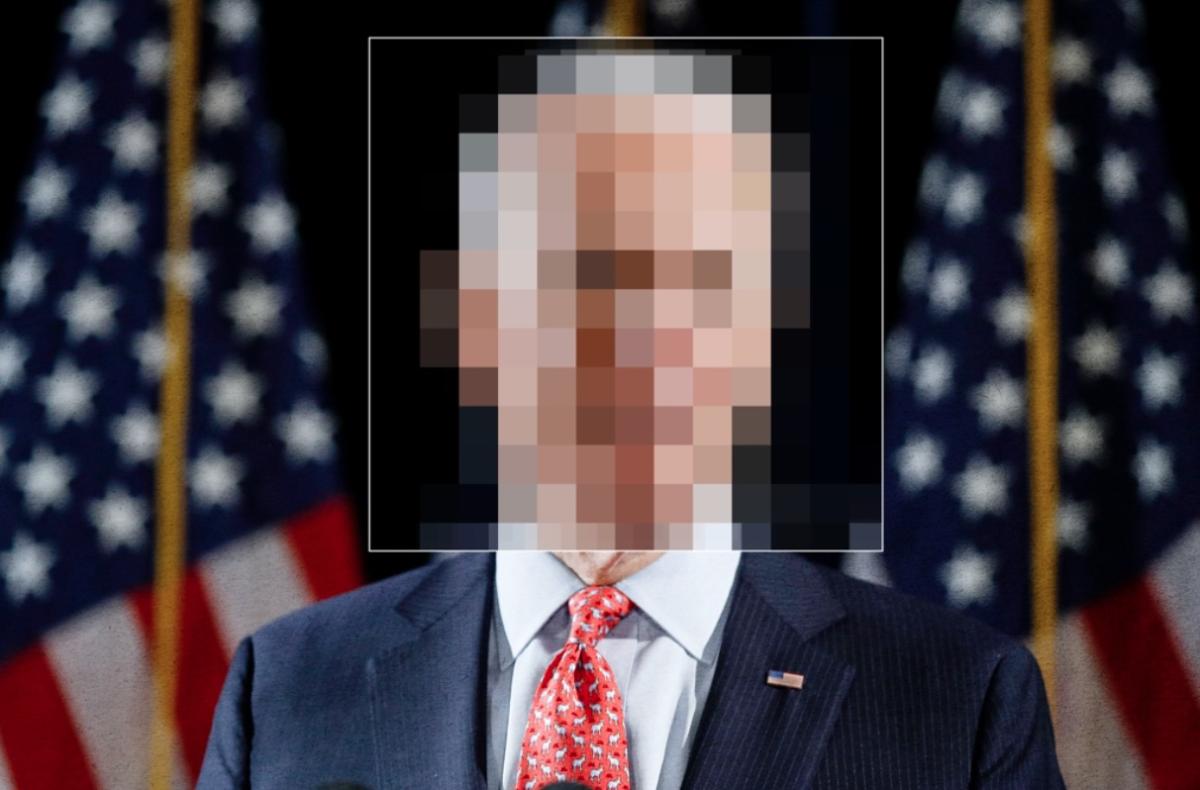Is There a Solution to Deepfakes?
I've spoken to dozens of audiences lately about AI, and I've never seen a technology elicit such a range of emotions--from wonder to cautious optimism to deep concern about future job loss and even super-intelligent robot overlords.
When audiences ask what most worries me in the immediate future, the answer is simple. It is deepfakes and their potential impact on society--and specifically, the political process. 
In 2024, about 40 countries, accounting for over 1.5 billion people, will hold national elections. This is likely the biggest year in history for the democratic process. And disinformation and deepfakes will play a role--both home-grown and deployed as weapons by hostile nations who hope to see democracies collapse.
i've followed all the efforts around the globe to come up with "labelling" or "watermarking" systems for AI-generated content. And it's a mess. Lots of proposals in many countries, and no clear common path forward in terms of definitions, standards or enforcement.
But--we may be trying to fix the wrong part of the problem, and I wrote about it in last Sunday's Los Angeles Times. It turned out the best way to describe my thinking is to take a look backward, from five years in the future....

Cast your mind forward. It’s Nov. 8, 2028, the day after another presidential election. This one went smoothly — no claims of rampant rigging, no significant taint of skulduggery — due in large part to the defeat of deepfakes, democracy’s newest enemy.
Is such a future possible? So far, neither government nor the tech industry has agreed on effective guardrails against deepfakes. But this FAQ (from five years in the future) shows that the events of 2024 may well force the issue — and that a solution is possible.

